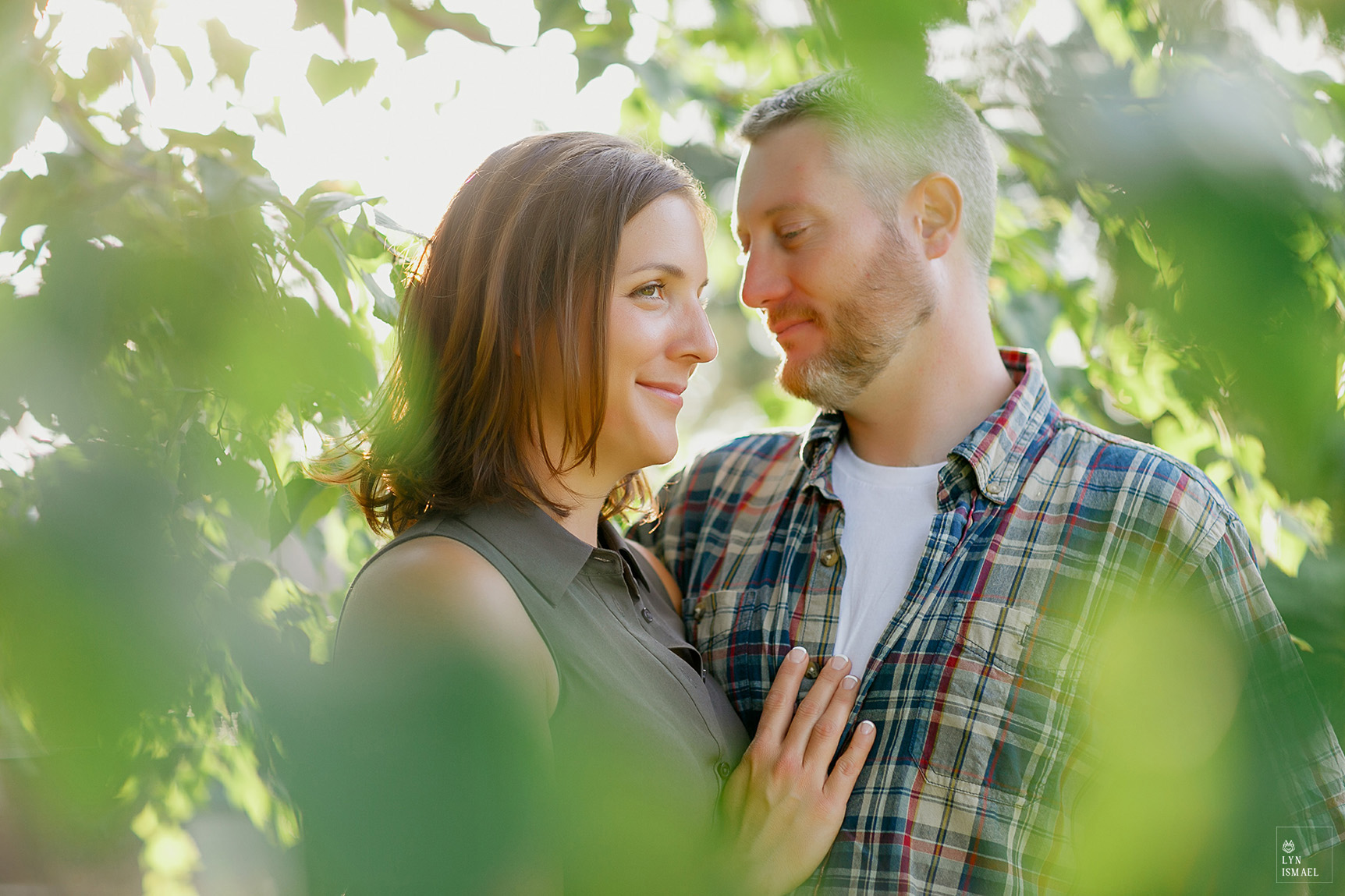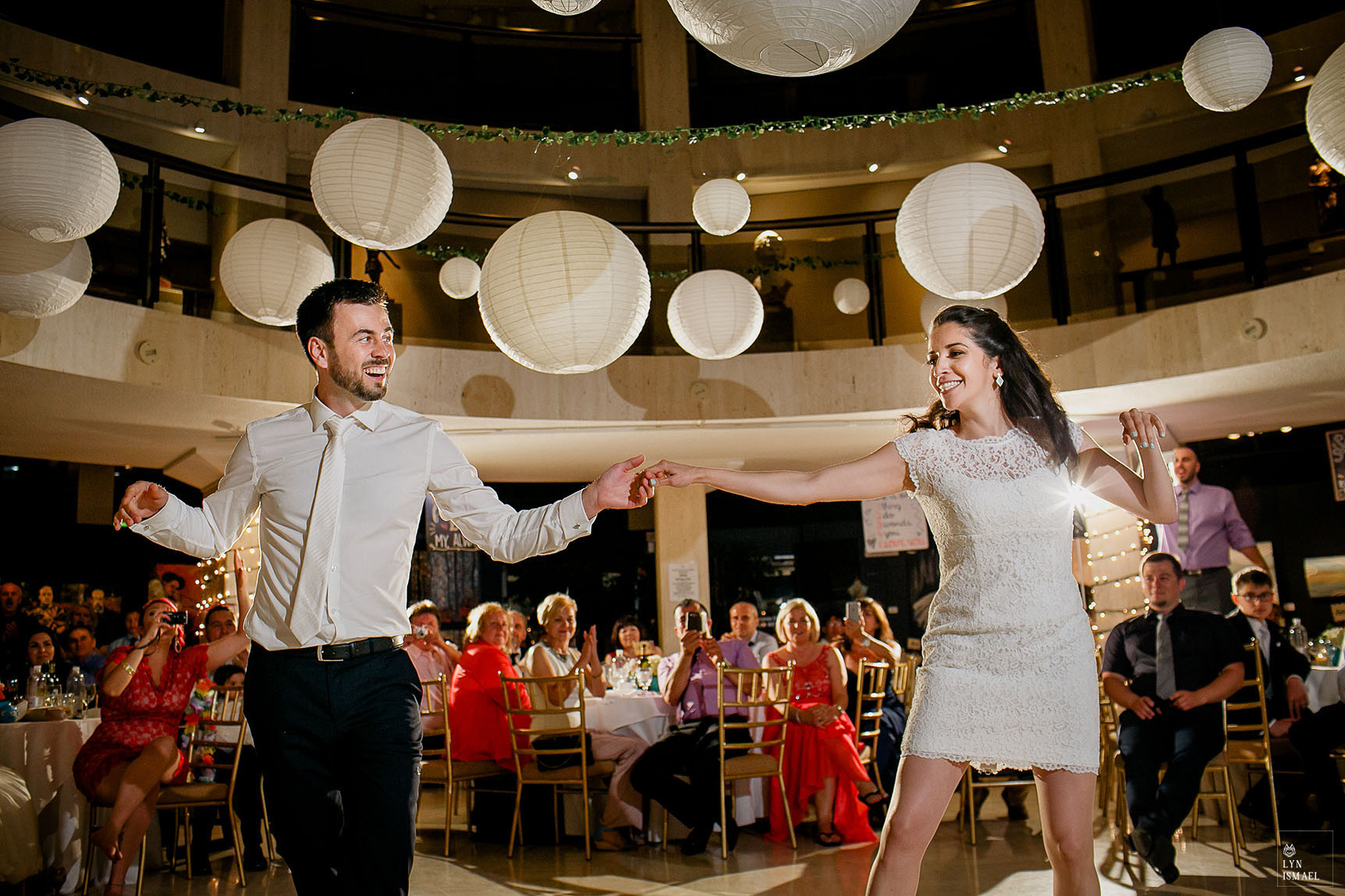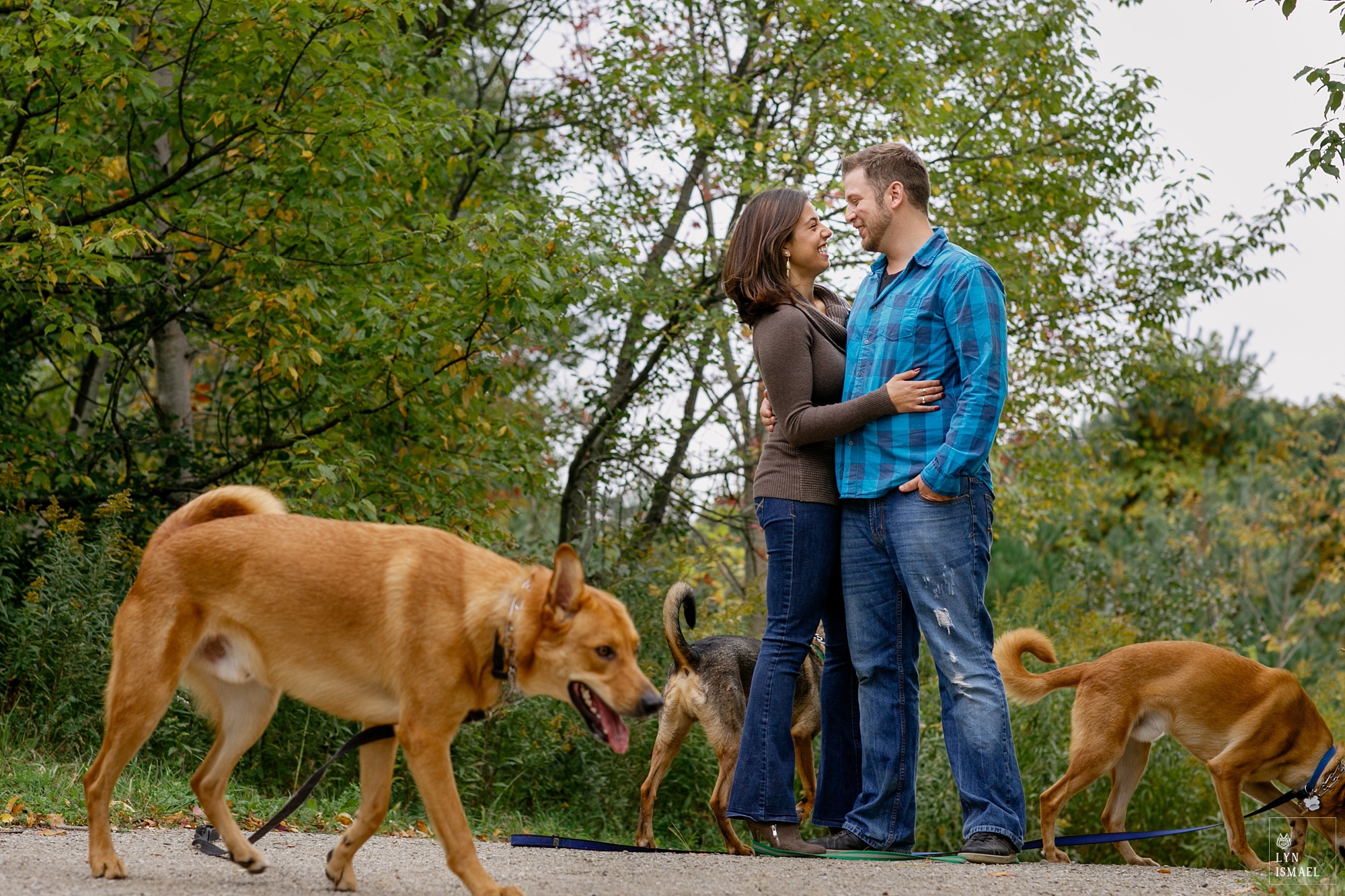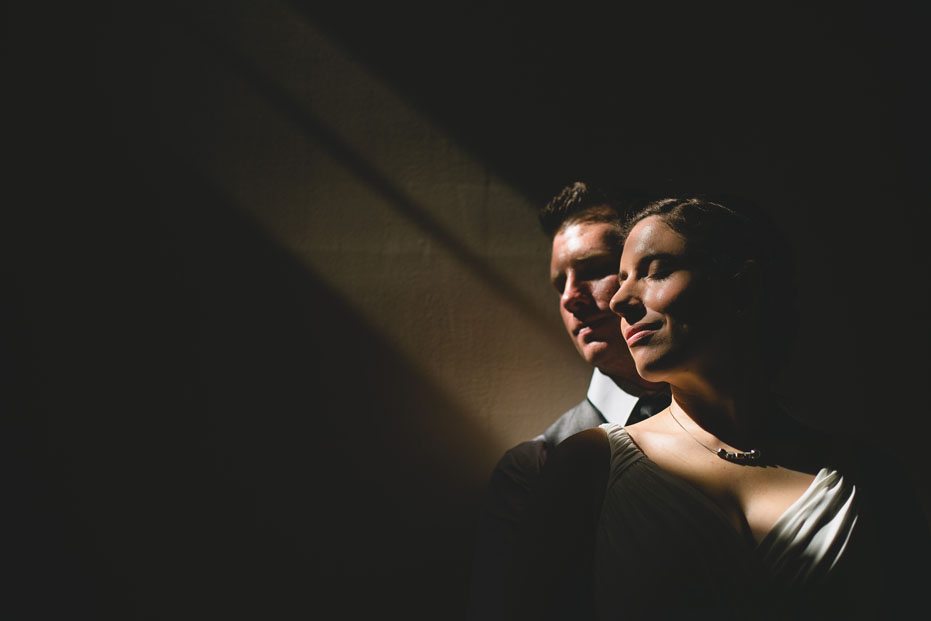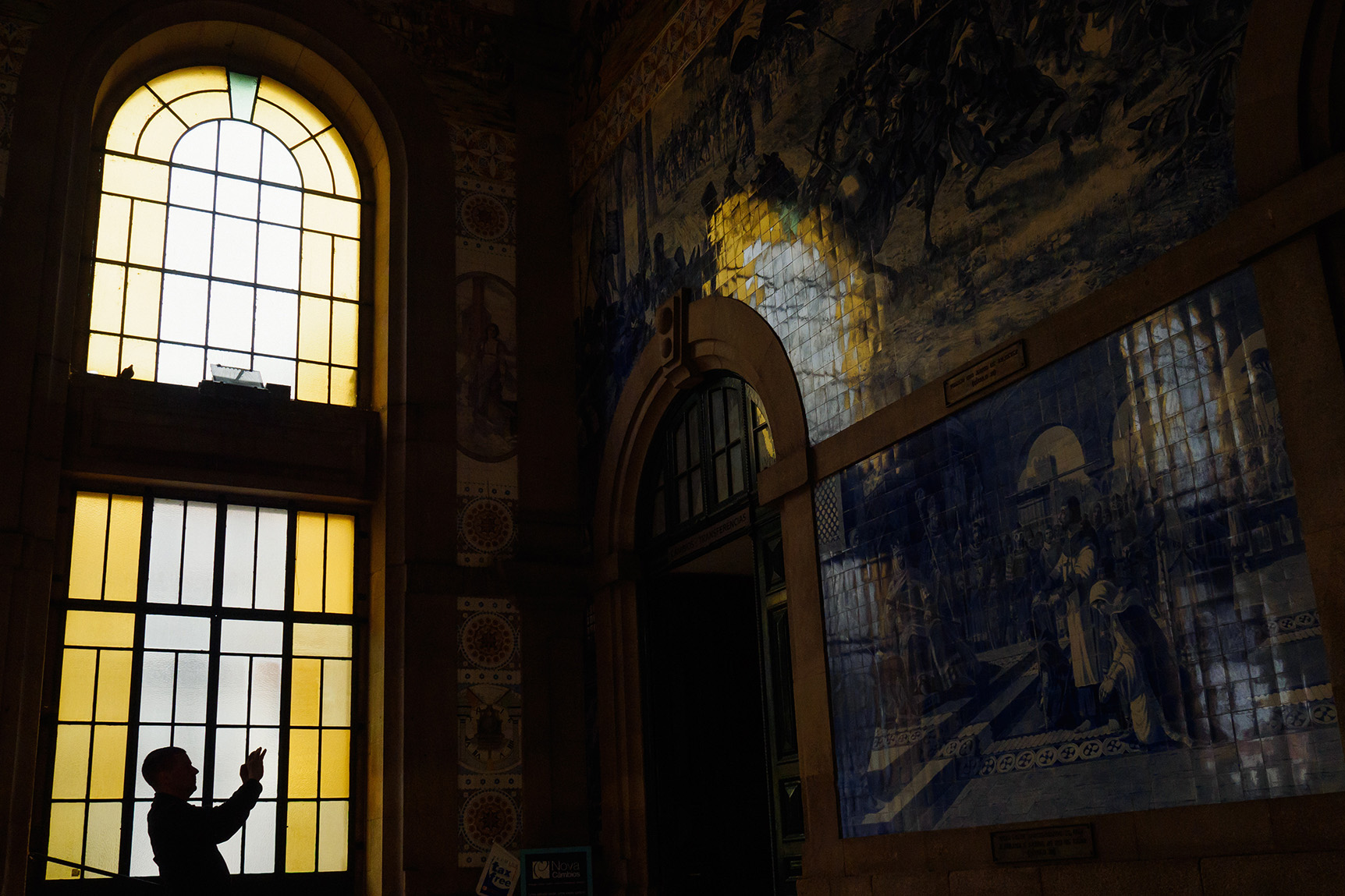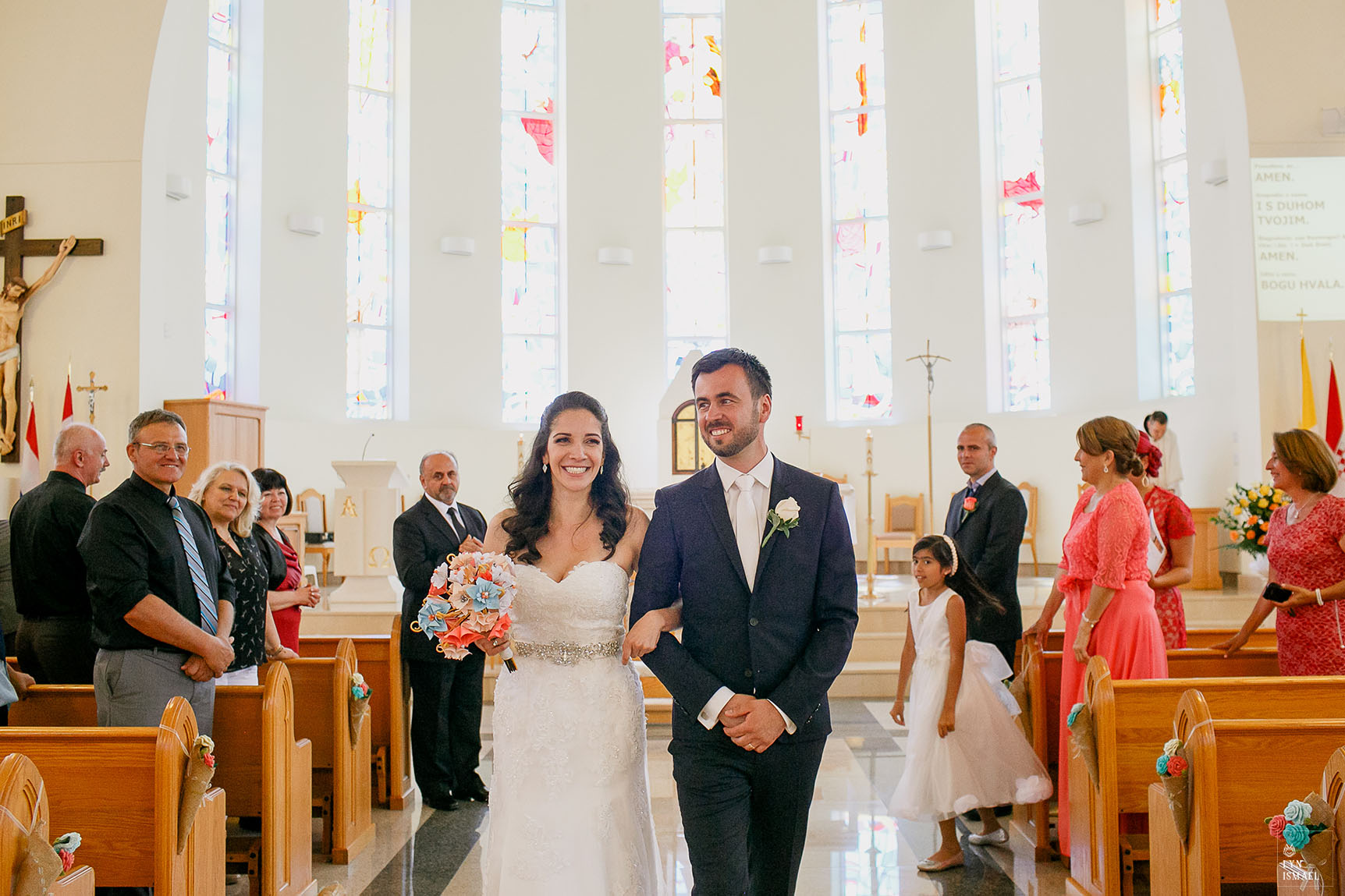
Photography Restrictions At Church Weddings

I’m going to be honest. Whenever I learn from potential clients that they are planning on getting married at a church, I immediately recall all of my previous experiences with photography restrictions at church weddings. Everything from the good, the bad, and the downright ugly.
When I photograph weddings, I always try to capture the essence of who my clients really are. Choosing a church wedding for themselves mean that their faith or their Church’s community is important to them as a couple. If it’s important to them, then it is important for me to document that as part of their wedding story as respectfully and unobtrusively as I can. That is my job after all.
For the most part, most of my church weddings regardless of what religion, have been wonderful. There’s just been a few instances that were less than ideal for any photographer to do their job properly, which lead me to writing this article for the sole purpose of educating you.
Here are a few photography restrictions at church weddings that my fellow wedding photographers and I have encountered:
- No use of flash.
- No stepping on the altar.
- Shoot only from the sides, i.e. never in the centre aisle. There goes your first kiss shot.
- Shoot only from halfway down the aisle.
- Pick one spot to shoot from and stay there for the rest of the ceremony.
- Shoot from the balcony only.
- No photography allowed.
- Stage the important shots later after the ceremony.
The first two restrictions I can totally understand. Using flash during ceremony can be distracting. I would only use flash as a last resort if the wedding ceremony’s lighting is as dark as dusk whether it’s in a church or not. The altar is a sacred area so I respect that. The rest of the ones I listed above can limit what kind of images I can capture for you. If I can only shoot from certain spots, I might not be able to show you your groom’s reaction when he saw you walking down the aisle. Or to photograph your parents reactions as you exchange vows. It is these limitation than have made some wedding photographers I know turn down shooting church weddings.
So what can you do?
1.) Ask your officiant what their restrictions are.
If your officiant tells you that they will review the rules with me on the day of the weddings and won’t disclose the rules to you themselves, be wary. The last thing I would want to happen at your wedding is to be told that I can’t photograph your wedding at all. Now that’s the extreme scenario of course, but the point is, I want you to know what is expected beforehand so you can dial your expectations on the kinds of shots I can take based on the restrictions imposed on me.
2.) You can try to persuade them to make an exception.
I had a couple who was initially told that photography at wedding ceremonies was not allowed. My couple made a case to their officiant saying how important it was for them to have their ceremony documented. Fortunately, they listened! If you don’t ask, you’ll never know if they would change their mind. So ask along.
3.) If #2 fails, and I’m restricted to shooting at certain spots, make your ceremony unplugged.
It seems like the restrictions only apply to the hired wedding photographer, not the guests. It’s hard enough to dodge guests with cameras when I can move around, let alone when I’m stuck in one spot. So unless you want photos from your ceremony showing the back of Aunt Lina holding her iPad in all the shots, I suggest making your ceremony unplugged.
Should your wedding photographer contact the officiant beforehand?
No. The reason churches have all these restrictions is because maybe they’ve had bad experiences with other photographers before. And I can’t blame them for that. They may see all wedding photographers as the same. They won’t change the rules because another wedding photographer, who they don’t know, had asked them to. You’ll have a better chance of changing their minds because they know you and it is your wedding. It is important to you.
There you go! I hope this article helps you in your wedding planning process. Feel free to let me know your thoughts in the comments section below!
